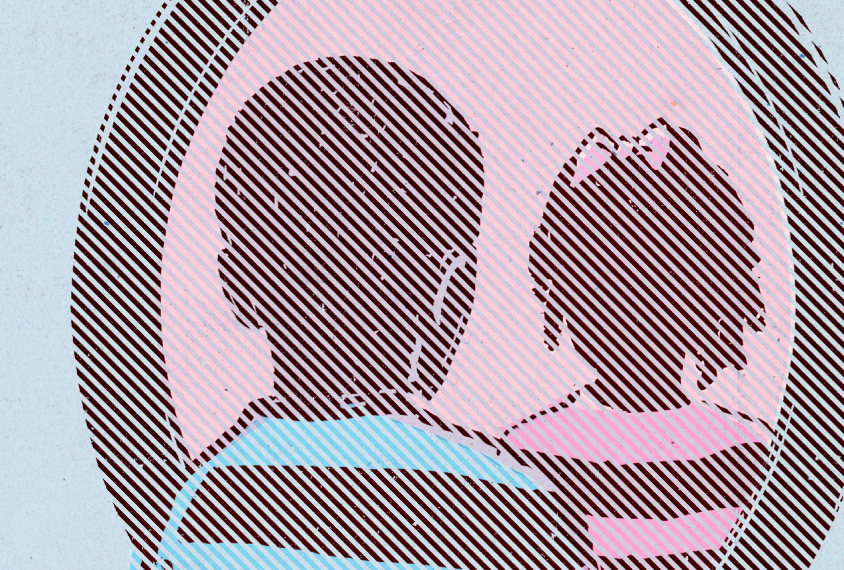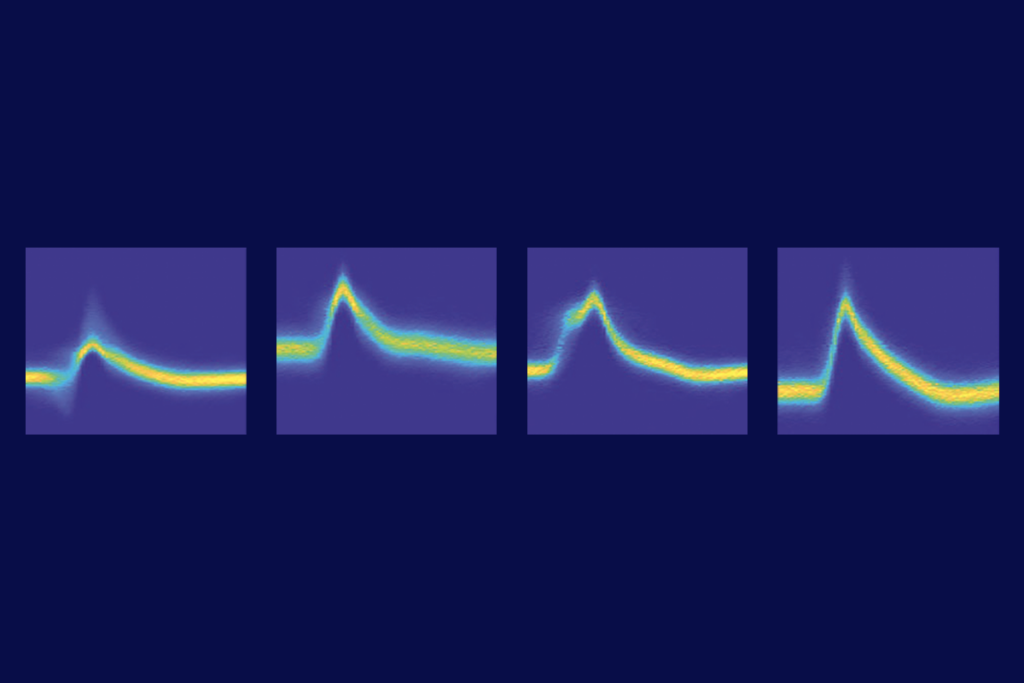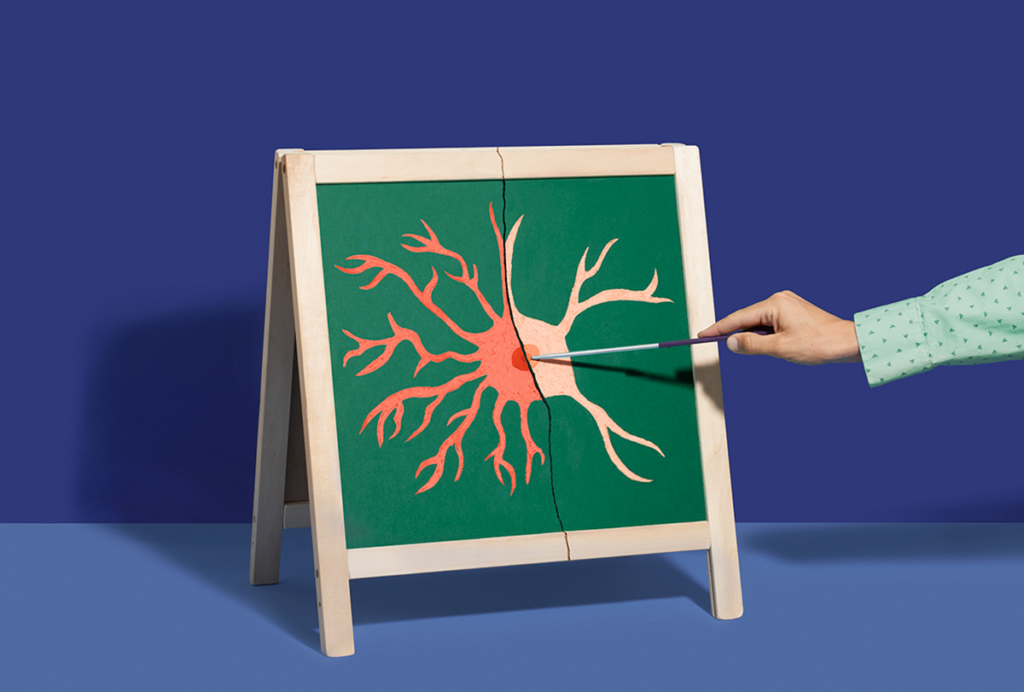Deborah Rudacille earned an M.A. in science writing from Johns Hopkins University in 1998. She worked as a research writer at the Johns Hopkins Bloomberg School of Public Health and as senior science writer at the Johns Hopkins School of Medicine. Rudacille is the author of three books: The Scalpel and the Butterfly (2000), The Riddle of Gender (2004) and Roots of Steel (2010). She joined SFARI.org’s team as news editor in 2010.
Deborah Rudacille
Former News Editor
SFARI.org
From this contributor
The twenty-something free fall
Young adults with autism face many new expectations and challenges — with none of the support that is available during high school.
New clinical guidelines address gender dysphoria in autism
New recommendations urge clinicians to screen teenagers for autism when they seek treatment at gender clinics, and evaluate those with autism for gender concerns.

New clinical guidelines address gender dysphoria in autism
Living between genders
‘Trans’ people with autism express a gender at odds with societal expectations, or reject the male-female divide entirely. Many are breaking new ground on how identity is defined — and what it means to also have autism.
Nobel goals
On the occasion of Thomas Südhof winning the Nobel Prize in Physiology or Medicine, SFARI.org’s former news editor recalls their first meeting.
Autism rates higher among adults with low birth weight
Autism prevalence is five times higher in young adults born weighing 2,000 grams or less compared with controls, according to a study published 17 October in Pediatrics.

Autism rates higher among adults with low birth weight
Explore more from The Transmitter
INSAR takes ‘intentional break’ from annual summer webinar series
The International Society for Autism Research cited a need to “thoughtfully reimagine” its popular online program before resuming it in 2026.

INSAR takes ‘intentional break’ from annual summer webinar series
The International Society for Autism Research cited a need to “thoughtfully reimagine” its popular online program before resuming it in 2026.
Null and Noteworthy: Neurons tracking sequences don’t fire in order
Instead, neurons encode the position of sequential items in working memory based on when they fire during ongoing brain wave oscillations—a finding that challenges a long-standing theory.

Null and Noteworthy: Neurons tracking sequences don’t fire in order
Instead, neurons encode the position of sequential items in working memory based on when they fire during ongoing brain wave oscillations—a finding that challenges a long-standing theory.
How to teach this paper: ‘Neurotoxic reactive astrocytes are induced by activated microglia,’ by Liddelow et al. (2017)
Shane Liddelow and his collaborators identified the factors that transform astrocytes from their helpful to harmful form. Their work is a great choice if you want to teach students about glial cell types, cell culture, gene expression or protein measurement.

How to teach this paper: ‘Neurotoxic reactive astrocytes are induced by activated microglia,’ by Liddelow et al. (2017)
Shane Liddelow and his collaborators identified the factors that transform astrocytes from their helpful to harmful form. Their work is a great choice if you want to teach students about glial cell types, cell culture, gene expression or protein measurement.
